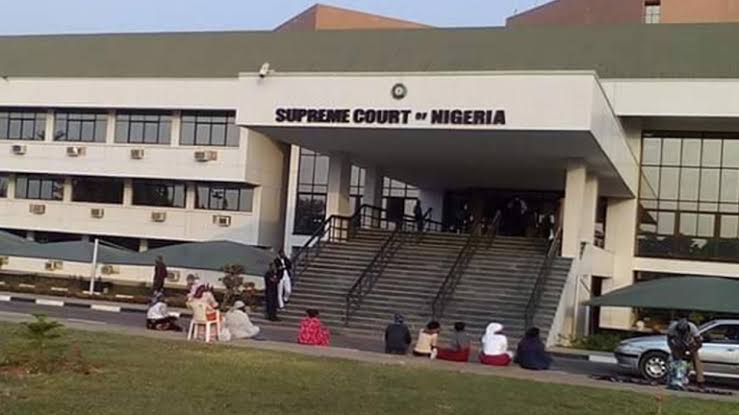The Benue State House of Assembly has taken a decisive step in its ongoing legal battle over the removal of the state’s Chief Judge, Justice Maurice Ikpambese, by resolving to approach the Supreme Court for constitutional interpretation.
The move comes amid mounting controversy following the Assembly’s February 18, 2025, resolution recommending the Chief Judge’s removal. The Assembly had acted on a petition from the state’s Attorney General, who accused Justice Ikpambese of gross misconduct, abuse of office, bribery, and corruption. However, the decision has faced strong opposition from various quarters, including the Nigerian Senate, the Nigerian Bar Association (NBA), and the National Judicial Council (NJC).
During Friday’s plenary session, the Assembly, presided over by Speaker Chief Hyacinth Aondona Dajoh, passed a resolution to seek the Supreme Court’s interpretation of Section 292(1)(a)(ii) of the Nigerian Constitution, which deals with the removal of a Chief Judge.
Legal Showdown Over Chief Judge’s Removal
Leading the motion, Majority Leader Saater Tiseer reiterated that on February 18, the Assembly had secured a two-thirds majority in favor of Justice Ikpambese’s removal. However, the backlash that followed, particularly from the NJC, raised questions over the Assembly’s legal standing.
Tiseer pointed out that despite the criticism, recent developments at the federal level appear to support the Assembly’s position. He referenced a bill passed for second reading in the House of Representatives on March 26, 2025, which seeks to formally grant the NJC a role in the removal of Chief Judges.
“If the National Assembly is working on a bill to give the NJC powers in this matter, it means the NJC currently does not have such authority. This vindicates our position that the Benue State House of Assembly acted within its constitutional rights,” Tiseer asserted.
Seeking Supreme Court Clarification
Given the conflicting interpretations, the Benue Assembly believes that only a Supreme Court ruling can provide the necessary legal clarity. The lawmakers argue that their recommendation for the Chief Judge’s removal aligns with existing constitutional provisions and that the NJC’s interference lacks legal backing.
With the case now set to reach Nigeria’s highest court, the outcome is expected to set a critical precedent for the roles of state assemblies and the NJC in judicial appointments and removals.
As the legal battle unfolds, all eyes will be on the Supreme Court’s ruling, which could reshape the balance of power in Nigeria’s judiciary.












